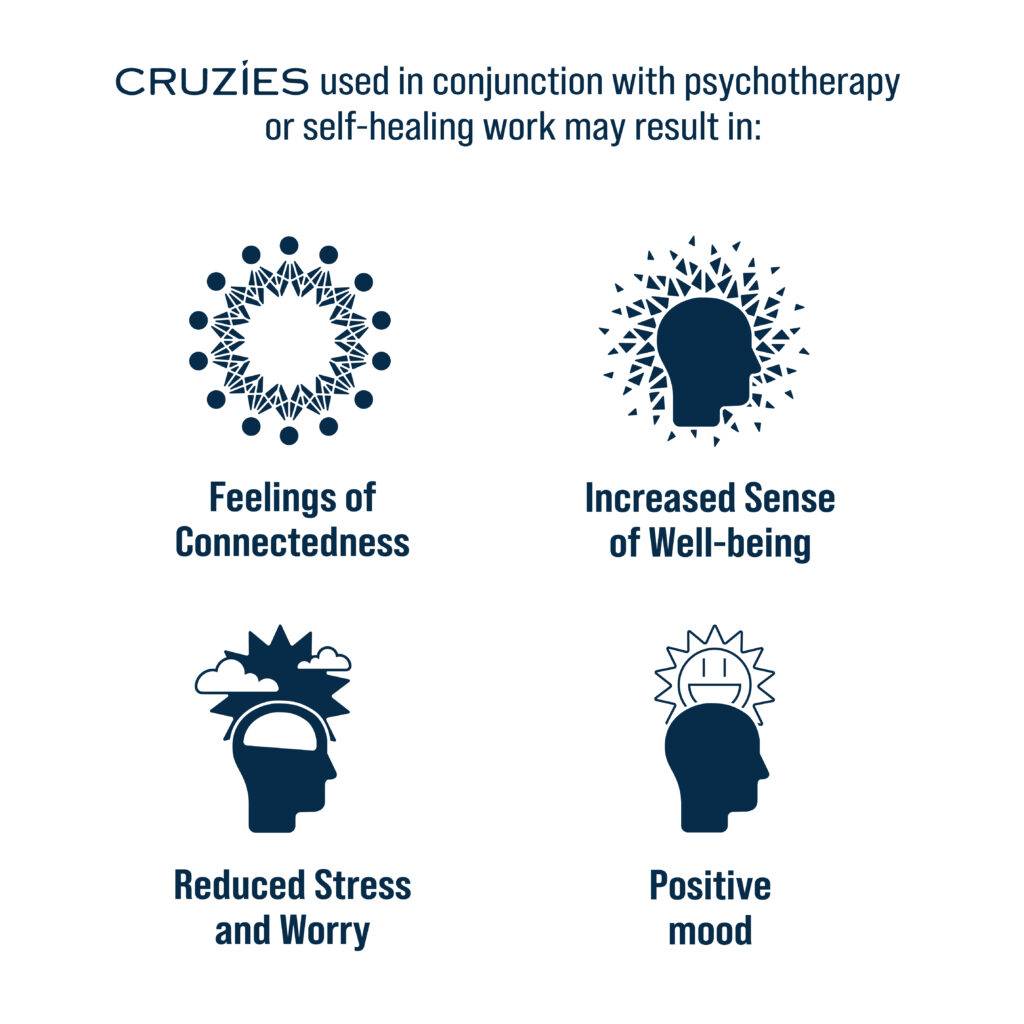THE BENEFITS OF MICRODOSING
Microdosing is growing in interest and trial, and for good reason. It is said that people who microdose experience few adverse effects but obtain a range of different psychological and physical benefits.
With the current legal limits, studying the full range of benefits of microdosing is challenging. But, since microdosing is becoming so popular, we’ve decided to delve deeper into this practice. What is microdosing? Do mushrooms really have such potent mystical properties? Can it improve your health and well-being?
Microdosing refers to a specific technique of administering a psychedelic, where people take small doses over the course of a few days. A typical microdose is only 1/10–1/20 of a recreational dose (or about 0.1–0.3 grams of psilocybin).
This is low enough to be easily absorbed by the system but high enough to promote a beneficial cellular response. There is no risk of auditory changes or alterations in perception as microdosing bypasses these hallucinatory experiences while still offering the user opportunities for growth and healing.
Microdosing is used by a wide range of people to achieve improved emotional balance, energy, concentration, and a range of other health benefits.
Benefits Of Microdosing Mushrooms:
While the practice of microdosing can be applied to various types of psychedelics and even marijuana, microdosing with psilocybin (commonly known as magic mushrooms) is the most popular choice. They are mainly used for recreational purposes, but they also offer a range of different benefits.
For example, research has demonstrated that microdosing with psilocybin can effectively help people break their smoking habit. In a study conducted by John Hopkins, participants who followed a prescribed psilocybin microdosing schedule, along with cognitive behavioral therapy, were able to achieve an 80% abstinence rate for the course of six months.
With doses of 10–20 micrograms of psilocybin, it is common to experience better emotional and physical energy, focus, and creativity. While the research is still catching up, hundreds of years of anecdotal evidence supports these claims.

